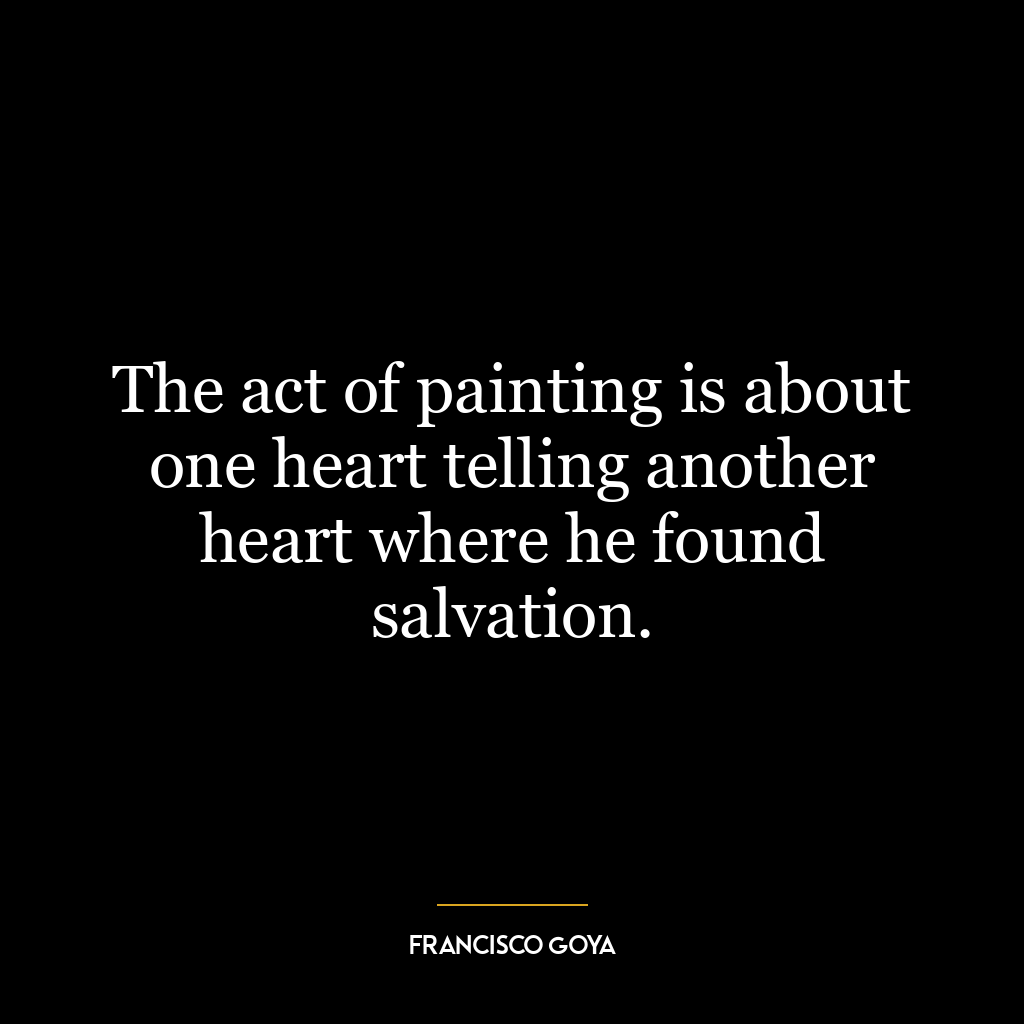One might better try to sail the Atlantic in a paper boat, than try to get to heaven on good works.
This quote suggests that attempting to reach heaven, or achieve spiritual salvation, through good deeds alone is as futile as trying to sail across the Atlantic Ocean in a boat made of paper. The analogy paints a vivid picture: just as the paper boat would disintegrate in the vast, harsh ocean, so too would our efforts to secure a place in heaven based solely on our good works be insufficient.
The underlying concept here is that salvation cannot be earned by human effort but rather it’s received through faith and grace. Good actions are important but they are not seen as the ‘currency’ for purchasing heavenly reward. This perspective comes from Christian theology where salvation is considered a gift from God and not something one can work towards.
Applying this idea to today’s world or personal development doesn’t necessarily require religious beliefs. It could be interpreted more broadly about how we perceive success and fulfillment. Often people believe that relentless hard work and constant striving will lead them to happiness or satisfaction (the metaphorical ‘heaven’). But like trying to cross an ocean with a paper boat, this approach might prove inadequate.
True fulfillment may require more than just hard work; it might also involve acceptance of things beyond our control, connecting with others on deeper levels, understanding ourselves better or finding purpose in what we do – all aspects often associated with emotional intelligence and mental well-being rather than purely physical efforts or material achievements.
So while good works – whether they’re professional accomplishments or acts of kindness – are important parts of life, this quote reminds us not to rely solely on them for our ultimate fulfillment (or ‘salvation’). Just like you need more than just paper to build a seaworthy vessel, you need more than just good deeds for meaningful existence – you need balance between doing and being; between achieving externally and developing internally.








